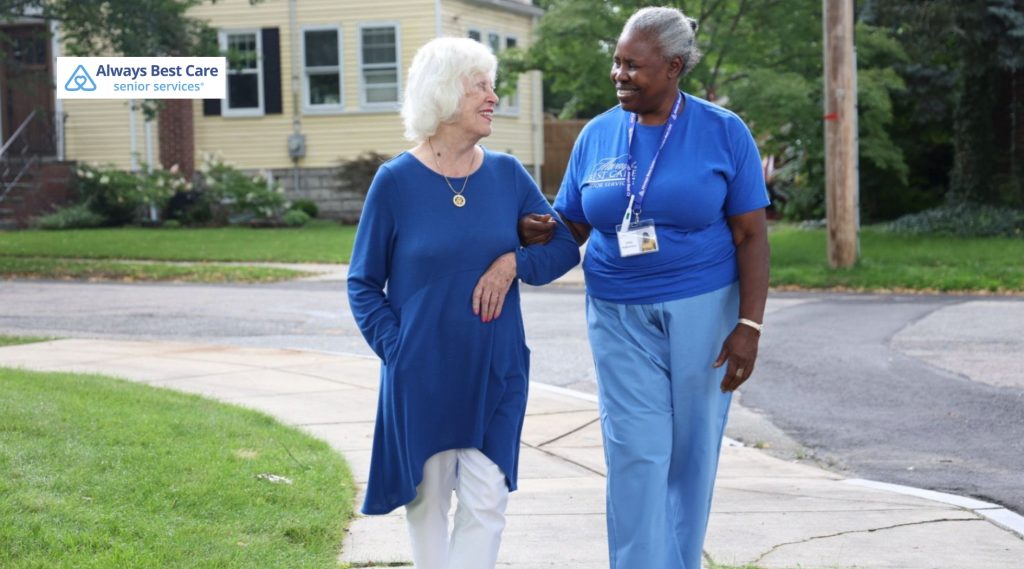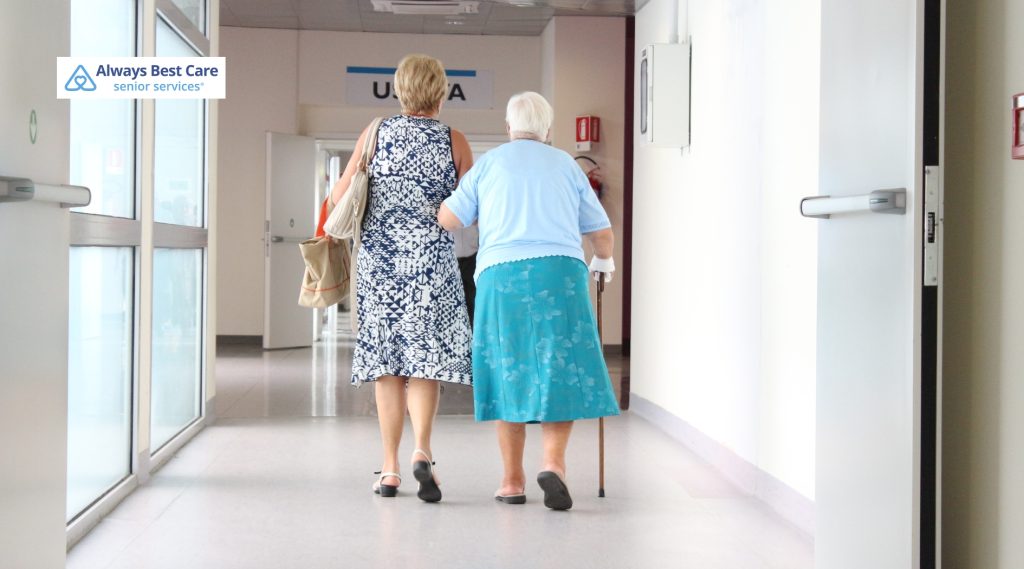Signs It Might Be Time to Consider Hospice Care in Charleston, SC

When a loved one is facing a tough illness, the question of when to consider hospice care often weighs heavily on all of us. It’s not about giving up hope—it’s about making every moment count, prioritizing comfort, and embracing dignity during a difficult chapter. At Always Best Care of Charleston, SC, we know these decisions aren’t easy, but recognizing the right time for hospice care can bring much-needed peace for families and their loved ones.
What you will learn:
- The key physical, emotional, and behavioral signs that may signal it’s time to consider hospice care for a loved one.
- Hospice care focuses on comfort, dignity, and quality of life rather than aggressive treatment.
- The ways Always Best Care of Charleston, SC supports families through expert care, emotional guidance, and around-the-clock assistance.
- Practical tips for starting compassionate conversations about hospice care with loved ones and healthcare professionals.

Table of Contents
What Exactly Is Hospice Care?
Hospice care focuses on quality of life when a serious illness can’t be cured. Instead of aggressive treatments, the aim shifts to comfort, symptom management, and emotional support—for both patients and families. Whether at home, in a hospice center, or even in a long-term care facility, hospice care is often covered by Medicare, Medicaid, and many private insurance plans.

Spotting the Physical Signs: Is It Time for Hospice Care in Charleston, SC?
If medical treatments aren’t slowing the decline, or if your loved one just isn’t bouncing back the way they used to, it might be time to talk about hospice care. Keep an eye out for these red flags:
- Frequent trips to the hospital or ER in recent months
- Noticeable weight loss without improvement
- Trouble breathing, even at rest, or relying on oxygen more often
- Pain that’s tough to manage with regular medications
- Recurring infections or slow recovery from illness
- Difficulty moving—needing help to get out of bed or move around
- Struggles with daily basics like bathing, dressing, or eating on their own

Emotional and Behavioral Clues You Shouldn’t Ignore
Physical symptoms don’t tell the whole story. Sometimes, changes in mood or behavior are the first hints that hospice might be the next step:
- Pulling away from social time, preferring quiet or sleep
- Losing interest in hobbies or favorite routines
- Feeling anxious, fearful, or down about their illness
- Noticing confusion or trouble thinking clearly
These shifts often reflect how illness impacts the spirit as much as the body.

Medical Guidance: What Do the Pros Say?
Doctors might suggest hospice when:
- There’s a terminal diagnosis with about six months or less to live if the illness runs its usual course
- Treatments for cure have stopped working or are just too hard to handle
- The main goal has changed from fighting the illness to making the person comfortable

How Hospice Care in Charleston, SC Helps Families
Choosing hospice with Always Best Care means your loved one can count on:
- Expert pain and symptom management
- Emotional and spiritual support for everyone involved
- 24/7 help for urgent needs or questions
- Respite care so family caregivers can catch their breath
- Guidance with end-of-life decisions—no one has to go it alone
Hospice doesn’t mean less care. It means a different kind of care—focused on comfort, respect, and peace.

How to Start the Conversation about Hospice Care
Bringing up hospice can tug at the heartstrings. If you’re not sure how to get started, try these tips:
- Pick a quiet moment without distractions
- Listen to your loved one’s worries and wishes
- Use gentle, supportive language—focus on comfort and dignity
- Ask the doctor to chime in for medical reassurance
Why Sooner Can Be Better Than Later
Waiting too long for hospice care can mean missing out on better days and less pain. If you’re seeing several of the signs above—physical decline, emotional withdrawal, or trouble managing symptoms—don’t put off the conversation. Hospice care doesn’t make life shorter; in fact, studies show it can sometimes help people live longer by easing stress and discomfort. Most importantly, it lets loved ones make the most of the time they have left.
At Always Best Care of Charleston, SC, we get it—these are some of the toughest choices families face. We’re here to answer questions, connect you with trusted hospice providers, and walk with you every step of the way.
FAQs about Hospice Care in Charleston, SC
Q: What exactly does hospice care include?
A: Hospice provides pain and symptom management, emotional and spiritual support, 24/7 assistance, respite care for families, and help with end-of-life decisions.
Q: Will hospice care speed up my loved one’s passing?
A: No, hospice care focuses on comfort and may even help some patients live longer by reducing stress and improving quality of life.
Q: Is hospice care only for the last few days?
AL: Not at all. Many families wish they’d started hospice earlier to give their loved ones more comfort and support.
Q: Does insurance cover hospice?
A: Yes, most hospice care is covered by Medicare, Medicaid, and many private insurance plans.
Q: How do we know if it’s time for hospice?
A: Look for physical decline, emotional withdrawal, and trouble with everyday tasks. If in doubt, ask your healthcare provider for guidance.

Ready to Discuss Hospice Care? We’re Here to Help You Every Step of the Way!
Recognizing the signs that it’s time for hospice care in Charleston, SC, can be a blessing in disguise—helping families focus on comfort, dignity, and quality time. At Always Best Care of Charleston, SC, we’re here to support you with open arms and expert advice, so you never have to walk this path alone.
Contact Always Best Care of Charleston at (843) 996-4498 to learn more and schedule your free consultation.





